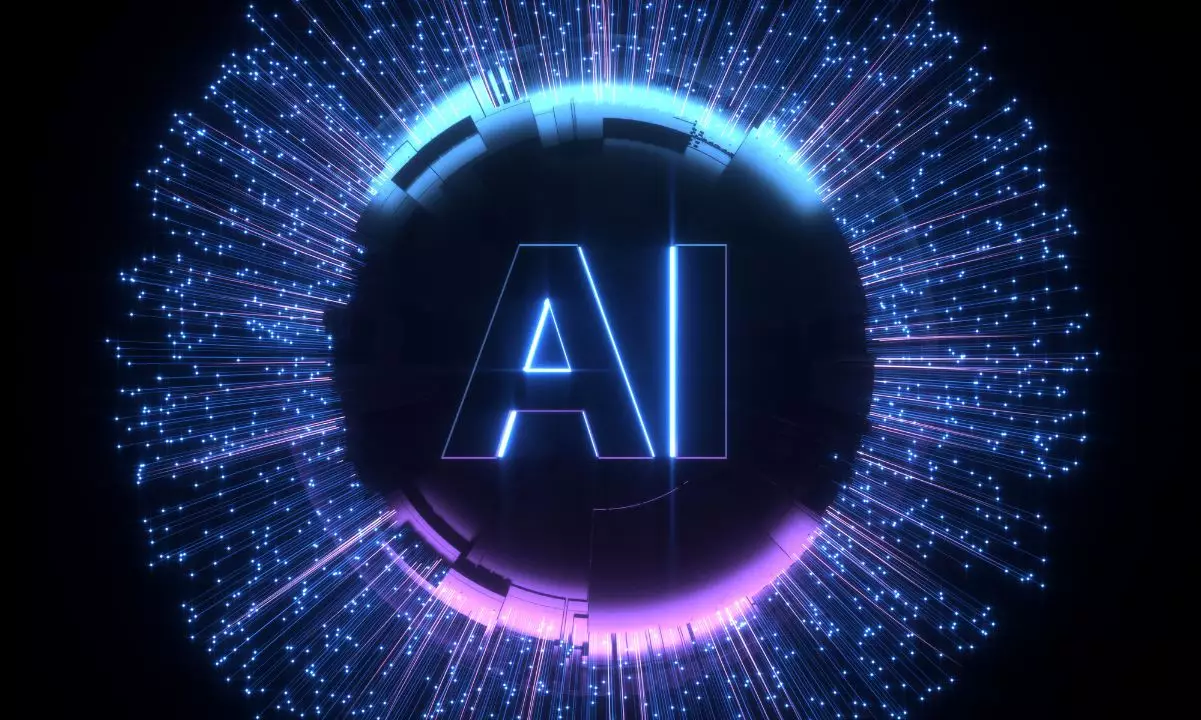The dynamic intersection of artificial intelligence (AI) and cryptocurrency is rapidly evolving, and it demonstrates immense potential for creating revolutionary advancements in digital finance. With the impending Trump administration planning to merge these two disruptive sectors, the concept of a dedicated advisory office—designated the White House Crypto and AI Czar—has risen to prominence. This endeavor, spearheaded by David Sacks, the former COO of PayPal and a prominent figure in cryptocurrency, signals a new governmental acknowledgment of these technologies’ mutual transformations.
A recent inquiry posed by the cryptocurrency exchange based in the Virgin Islands raises an essential question: Are AI agents poised to redefine the digital assets landscape? The consensus appears to lean towards an affirmative answer, with AI agents characterized as decentralized, autonomous software entities that utilize blockchain technologies with human-like agility. Their implementations in tasks such as transaction execution and wallet management are anticipated to significantly enhance operational efficiency and scalability, positioning them as pivotal in the future of finance.
An exciting development is the collaboration between Stanford University’s Future Digital Currency Initiative and Eliza Labs, which is closely tied to notable venture firm ai16z. This partnership exemplifies the investment in research directed at exploring the synergies of AI and crypto. As these innovative efforts progress, they promise to unlock further potentials of self-governing AI agents, potentially optimizing the formalities of blockchain networks and augmenting productivity levels on a grand scale.
The anticipated impact of AI agents on digital transactions cannot be overstated. A report from Bitfinex envisions these agents executing financial transactions, efficiently managing crypto wallets, and refining investment strategies. However, amidst enthusiasm for these advancements lies a landscape fraught with challenges. The report emphasizes the necessity for robust ethical guidelines, comprehensive safeguards, and fail-safes designed to mitigate potential misuses or exploitations of ideally autonomous systems.
A noteworthy observation from the burgeoning market of cryptocurrencies indicates that 11 AI-centered digital currencies have already crossed the multi-billion dollar threshold in market capitalization, as reported by CoinMarketCap. Notable players in this space include Bittensor (TAO), Artificial Superintelligence Alliance (FET), and AIOZ Network (AIOZ). Additionally, the outrageous success story of the meme coin Goatseus Maximus (GOAT), which skyrocketed to a billion-dollar valuation prompted by inventive AI agents narrating a unique origin story, underscores the interim volatility and excitement surrounding these assets.
The integration of autonomous, AI-driven applications into decentralized finance systems, particularly those built on Ethereum and Solana, harbors the potential to further enrich these ecosystems, attracting substantial capital to underpin operations. This interplay is likely to offer sustained support for various altcoin values. As we continue to navigate the uncharted waters of AI and cryptocurrency convergence, the prospects remain both exhilarating and daunting, ultimately necessitating a thoughtful and balanced approach towards innovation.















